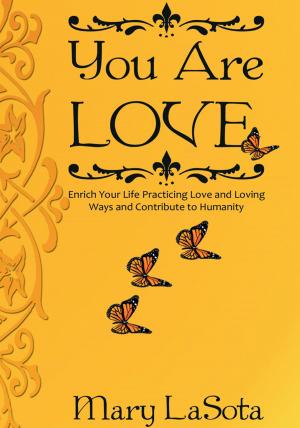| Author: | Clyde Edward Brown | ISBN: | 9781440130847 |
| Publisher: | iUniverse | Publication: | June 8, 2009 |
| Imprint: | iUniverse | Language: | English |
| Author: | Clyde Edward Brown |
| ISBN: | 9781440130847 |
| Publisher: | iUniverse |
| Publication: | June 8, 2009 |
| Imprint: | iUniverse |
| Language: | English |
In these perilous times when the very survival of the human species is at stake, there is a desperate need for wisdom to provide guidance. The sacred literature of the world's major religious traditions is a source for such wisdom, but it has largely been misinterpreted and misunderstood, and, thus, instead of being a source for wisdom, it has been a source for confusion and conflict. The ancient scriptures, for the most part, were written in a language which is quite different from ordinary language. It is a mythological language, which is symbolic, and therefore its meaning is hidden. In the Bible, for example, there are many narratives that appear to be historical, but they are history that has been mythologized, and therefore their surface meaning is not their real meaning. Clyde Edward Brown clearly illustrates that the correct interpretation of the world's religious texts would lead to a different concept of religion. Instead of belief in the literal truth of texts that have been misinterpreted, the emphasis would be on having those religious values, such as social and economic justice, which are common to all religions.
In these perilous times when the very survival of the human species is at stake, there is a desperate need for wisdom to provide guidance. The sacred literature of the world's major religious traditions is a source for such wisdom, but it has largely been misinterpreted and misunderstood, and, thus, instead of being a source for wisdom, it has been a source for confusion and conflict. The ancient scriptures, for the most part, were written in a language which is quite different from ordinary language. It is a mythological language, which is symbolic, and therefore its meaning is hidden. In the Bible, for example, there are many narratives that appear to be historical, but they are history that has been mythologized, and therefore their surface meaning is not their real meaning. Clyde Edward Brown clearly illustrates that the correct interpretation of the world's religious texts would lead to a different concept of religion. Instead of belief in the literal truth of texts that have been misinterpreted, the emphasis would be on having those religious values, such as social and economic justice, which are common to all religions.















